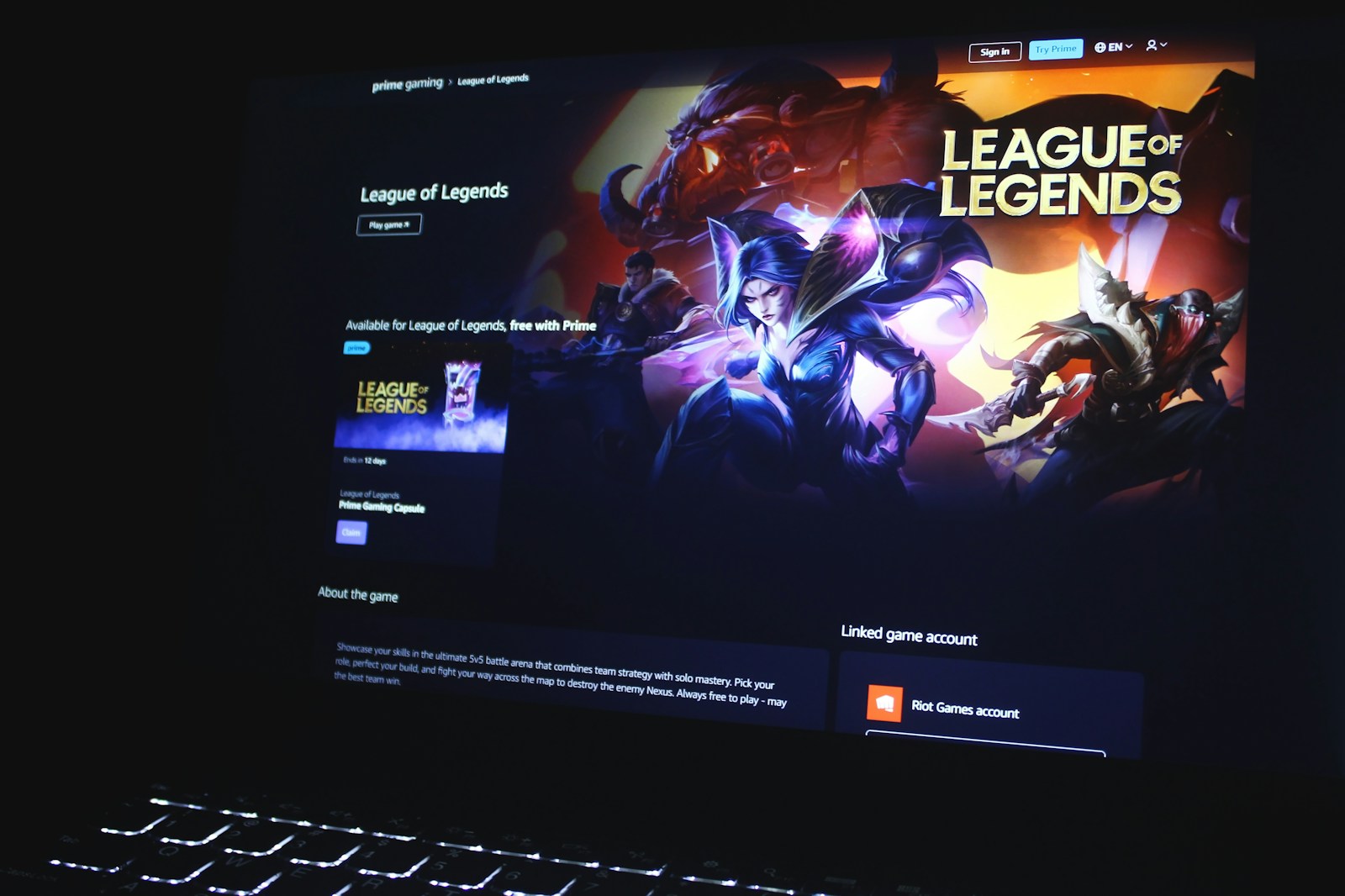Uninstalling a game typically does not remove mods. The game is programmed to delete only the files it installed and created, so it usually won’t recognize the mods. Unless the mods are located within folders that the uninstallation process removes, they will remain on your system. Thus, uninstalling a game doesn’t necessarily mean losing your mods. While the core game files may be deleted, your mods often stay intact. Understanding how and where your mods are installed can help you manage them effectively, whether you want to keep them for future use or clean up your hard drive.
Mod Management: What Happens After Uninstalling a Game?
Uninstalling a game usually doesn’t remove installed mods. You may need to follow additional steps to remove the mods.
Explanation
- A standard uninstall of a game through Steam or another launcher may not remove the mod files.
- You may need to manually remove the mod files from your computer.
- You can sometimes remove mods by right-clicking on the game in your launcher, going to properties, and then selecting installed files.
- You can then browse to the game’s folder, find the mod files, and delete them.
Understanding Mod Installation
Mods, modifications that alter or enhance a game, usually exist as separate files from the core game. They can be stored in various locations, such as the game’s directory, a dedicated mod folder, or even a separate folder created by a mod manager.
Uninstalling a Game
When you uninstall a game, the uninstaller typically targets the core game files. It might remove the game’s directory or specific files within it. However, it usually doesn’t touch files that are not part of the original game installation.
The Fate of Your Mods
In most cases, uninstalling a game won’t automatically remove your installed mods. This is because mods are often installed separately and stored in different locations. They remain on your hard drive unless you manually delete them or use a mod manager with a clean uninstall function.
Mod Managers to the Rescue
Mod managers, like Nexus Mod Manager or Vortex, simplify the installation, management, and removal of mods. They often have features to disable or uninstall mods, making it easier to clean up your game files.
Exceptions to the Rule
There are some exceptions where uninstalling a game might remove mods:
- Workshop Mods: Mods subscribed to through platforms like Steam Workshop might be removed when you uninstall the game.
- Integrated Mods: Some games have built-in mod support, and uninstalling the game might remove those mods as well.
- Overwritten Files: If a mod directly overwrites original game files, uninstalling the game could remove those modified files.
Mod Removal Table
| Mod Type | Likely Removed After Uninstalling Game? |
|---|---|
| Standalone Mods | No |
| Workshop Mods | Yes |
| Integrated Mods | Yes |
| Mods Overwriting Game Files | Yes |
Understanding Game Mods and Uninstallation
Modifications, more commonly known as mods, are alterations made to games that can add new features, change appearances, or tweak gameplay. Gamers install mods to enhance their playing experience, sometimes through simple file additions or using specialized modding software.
When a gamer decides to uninstall a game, there’s often confusion about what happens to these added mods. Here’s the essential information broken down:
- Uninstalling Process: Most games, when uninstalled through the standard uninstall feature, only remove the original game files, leaving added mods untouched.
- Game Folder: Mods are frequently stored in a separate data folder within the main game directory.
- Manual Cleanup: After uninstalling a game, it is usually necessary to use a file manager to remove leftover mod files to achieve a clean uninstall.
Here’s a quick guide on managing mods during an uninstallation:
-
Before Uninstalling:
- Backup mods if they are not easily replaceable.
- Note down installed mods if reinstallation is planned.
-
During Uninstall:
- Use the game’s or system’s uninstall feature to remove the base game.
-
After Uninstall:
- Open the file manager.
- Navigate to the game’s install directory.
- Delete any remaining mod files or data folders manually.
In conclusion, uninstalling a game does not automatically remove mods. They typically linger in the game folder and need a manual cleanup. For Steam games, using the Workshop automates part of this process, but one should always double-check for leftover files, as some mods might not adhere to these norms.
Uninstalling Games on Different Platforms
When a player decides to uninstall a game, the process can affect installed mods differently depending on the platform used. Each platform has its unique way of handling game files and mods during uninstallation.
Steam and the Workshop
Steam, a popular gaming platform, offers a feature called Steam Workshop where users can find and install mods easily. When a game is uninstalled through the Steam Library, Steam will only remove the game’s vanilla files. This means the original game content is deleted, but mods from the Workshop might be handled differently. Mods that were subscribed to in the Workshop are usually associated with your Steam account, and can be automatically reacquired if you reinstall the game.
However, manually installed mods – those not obtained through the Workshop – typically remain in the game’s directory. To perform a clean uninstall, these leftover files must be deleted manually from the game’s directory, which is accessible through the game’s Properties > Local Files in Steam. Additionally, Steam Cloud may save certain game settings and files, which can persist even after the game is uninstalled from the library.
Origin and Other Services
On other platforms like Origin, the uninstalling process is somewhat similar, yet some distinctions remain. Origin, like Steam, will clear the primary game files but may not affect manually added mods. These platforms don’t have a service like Steam Workshop, so any mods would need to be manually backed up before uninstalling if you wish to keep them.
When using Origin to uninstall a game, it’s important to check the game’s folder for any remaining mod files. These files won’t affect Origin’s own system but could take up space or cause issues if a new version of the game is installed later on. It’s also vital to ensure that any associated apps or services that may contain mod-related information are considered when seeking to completely remove a game’s data.
Impact on Game Progress and Mod Legality
When you uninstall a game, your progress may not always follow suit. Many games today sync progress to the cloud, so if you reinstall the game later, you can pick up where you left off. However, this is not a universal standard; it’s best to check if the game supports cloud saves before uninstalling.
Regarding mods, the situation is a bit different. Uninstalling a game typically removes the vanilla or original files, but mods — like those installed for GTA 5 or Skyrim — often reside in a separate folder. These script files and modded content generally remain unless manually deleted. If you decide to reinstall the game, you may have to re-download mods or re-enable them to keep the changes they bring to your game.
When it comes to legality, some developers, such as Rockstar (makers of GTA 5) and the creators of Red Dead Redemption 2, have specific policies on mods. Mods are widely accepted in single-player modes, but using them in online sessions can lead to a ban due to the potential unfair advantage they might give players.
It’s crucial to distinguish that the legality of mod use also hinges on whether the mods contain copyrighted content or if they change the game in a way that violates the terms of service. Uninstalling GTA 5 or any game does not affect these aspects, but users must always respect the boundaries set by the game developers and the broader legal context that surrounds modding.
Frequently Asked Questions
When it comes to managing game modifications, or mods, players are often unsure about what happens during the game’s uninstallation process. These top questions aim to clear up any confusion and provide straightforward answers.
Will uninstalling a game from my console also delete the associated mods?
Uninstalling a game from a console typically removes the mods since they integrate with the game data. However, this can vary depending on the console’s operating system and how mods are managed within its environment.
How can I ensure all mods are removed when deleting a game from my PC?
To completely remove mods, manually navigate to the game’s installation directory and delete any remaining mod files or folders after the standard uninstallation process.
What happens to Steam Workshop mods if the related game is uninstalled?
When a Steam game is uninstalled, any mods subscribed to through the Steam Workshop are also removed from the system. These mods can be easily retrieved by resubscribing once the game is reinstalled.
Can I retain my mods if I uninstall and later reinstall a game on Xbox One?
Mods that are directly tied to the game data on Xbox One will generally be deleted during the uninstallation process. If you wish to keep them, you will need to back them up externally if possible.
Does deleting a game from my system also erase the mod files installed?
Deleting a game generally removes base game files, but manually installed mod files may remain in the game’s directory and should be deleted separately if a complete cleanup is desired.
What is the proper method to completely remove game mods from my computer?
For a thorough removal, you should uninstall the game normally, then go to the game’s folder on your PC and remove any extra files or directories associated with mods to ensure they are completely deleted.







